Originally branching off from the Shin Megami Tensei series, the Persona franchise has swiftly evolved into a standalone powerhouse within the realm of modern RPGs. With its expansive universe stretching across multiple sequels, remakes, anime adaptations, and even stage plays, Persona has solidified its status as a multimedia juggernaut, showing no signs of slowing down.
The latest addition to the saga, Persona 3 Reload, is now accessible on PlayStation 5, Xbox Series X, and PC, inviting newcomers to dive into this captivating world. To help you navigate through the series, we provide a comprehensive guide to every Persona game and spin-off, suggesting the best starting points for new players and detailing both the chronological and release order of the series.
Jump to:
- How to play in order
- How to play by release date
- Upcoming releases
How Many Persona Games Are There?
The Persona series currently boasts twenty games. These include mainline entries, expanded versions with new story content, and remakes. We'll detail every iteration below, excluding direct ports and remasters.
Which Persona Game Should You Play First?
Starting your Persona journey with Persona 3 Reload, Persona 4 Golden, or Persona 5 Royal is a stellar choice. These are the latest iterations of the third, fourth, and fifth mainline entries, available on PC and most major consoles (except Persona 3 Reload, which isn't on Nintendo Switch).
Newcomers can jump into any of these games without missing out on overarching narratives, as each tells a unique story with its own set of characters. To choose the right one for you, consider watching gameplay videos and exploring the social links to find the game that resonates with you the most.
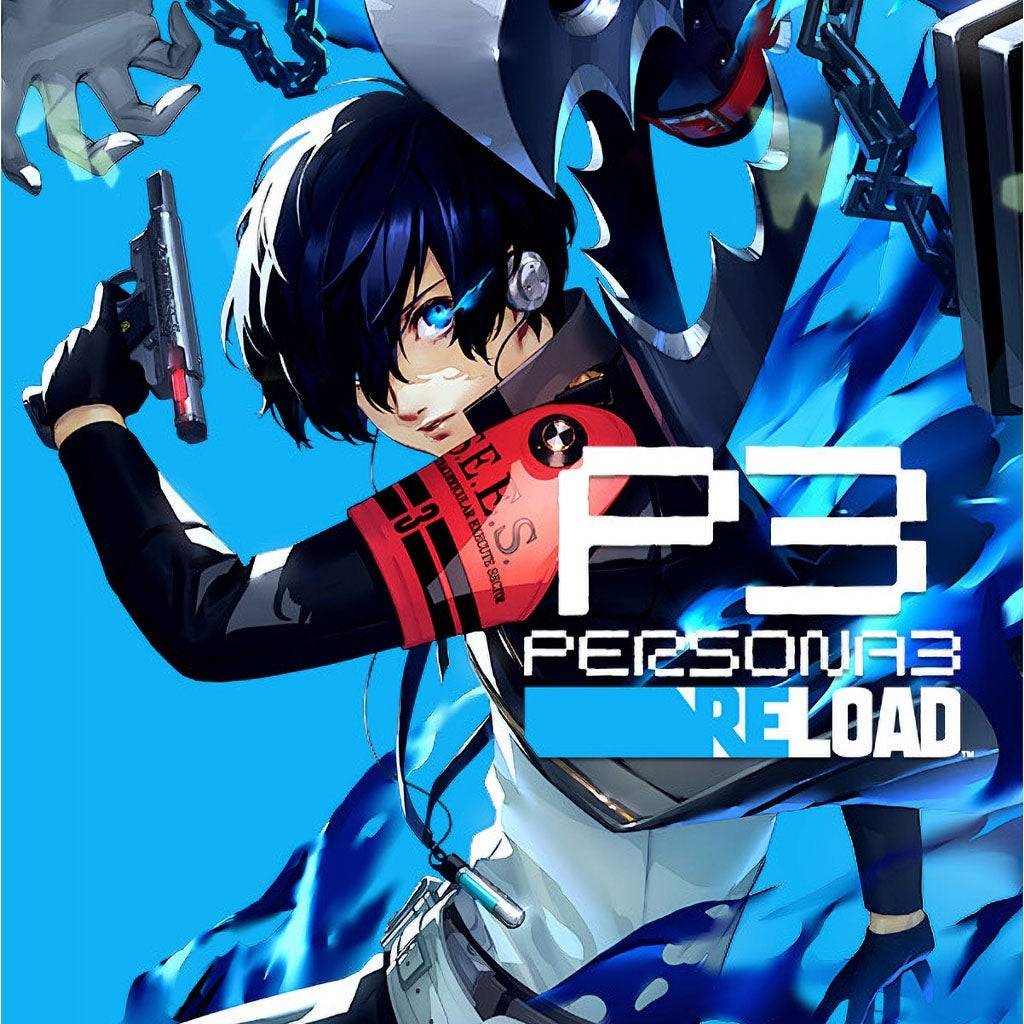
Persona 3 Reload
54 Available on PS5, PS4, and Xbox Series X. See it at Amazon
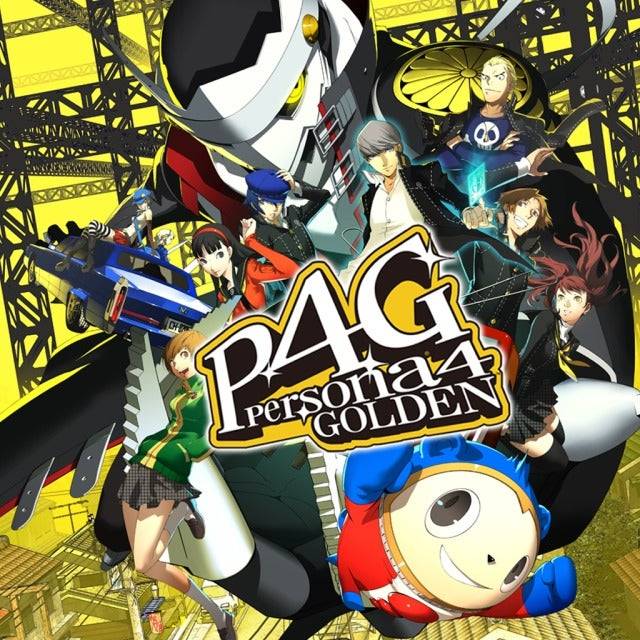
Persona 4 Golden
42 Available on PC, Xbox, PS5, and Nintendo Switch See it at Nintendo

Persona 5 Royal
103 Available on PC, Xbox, PS5, and Nintendo Switch See it at Amazon
Every Persona Game and Spin-Off in Chronological Order
These blurbs contain mild spoilers for each game, including characters, settings, and story beats.
1. Revelations: Persona (1996)
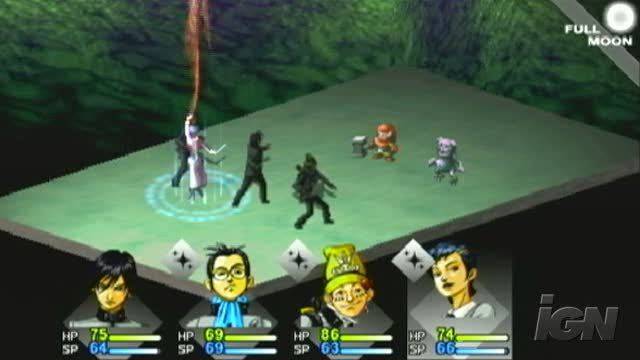 The inaugural game in the series, Revelations: Persona, was born from the positive feedback to Shin Megami Tensei: If…, another high-school-centered spin-off. Revelations: Persona took this concept further, offering a full-fledged RPG where high schoolers battle a supernatural uprising in Mikage-cho. The game introduced pivotal elements like Personas, the Velvet Room, and a teenage cast, laying the groundwork for the franchise.
The inaugural game in the series, Revelations: Persona, was born from the positive feedback to Shin Megami Tensei: If…, another high-school-centered spin-off. Revelations: Persona took this concept further, offering a full-fledged RPG where high schoolers battle a supernatural uprising in Mikage-cho. The game introduced pivotal elements like Personas, the Velvet Room, and a teenage cast, laying the groundwork for the franchise.
2. Persona 2: Innocent Sin (1999)
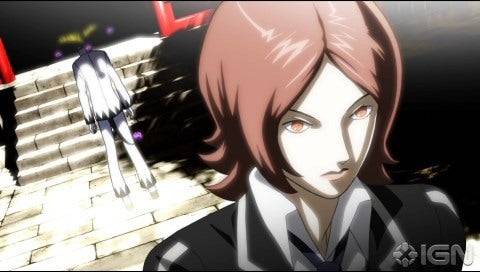 In 1999, Persona 2: Innocent Sin introduced players to a new group of high-schoolers led by Tatsuya Suou, tasked with thwarting the sinister plans of a villain named Joker and the Masked Circle cult. The game delves into a world where rumors manifest into reality, maintaining the series' focus on dungeon exploration, Persona battles, and character development. It was followed by a direct sequel, Persona 2: Eternal Punishment, a year later.
In 1999, Persona 2: Innocent Sin introduced players to a new group of high-schoolers led by Tatsuya Suou, tasked with thwarting the sinister plans of a villain named Joker and the Masked Circle cult. The game delves into a world where rumors manifest into reality, maintaining the series' focus on dungeon exploration, Persona battles, and character development. It was followed by a direct sequel, Persona 2: Eternal Punishment, a year later.
Read our review of Persona 2: Innocent Sin.
3. Persona 2: Eternal Punishment (2000)
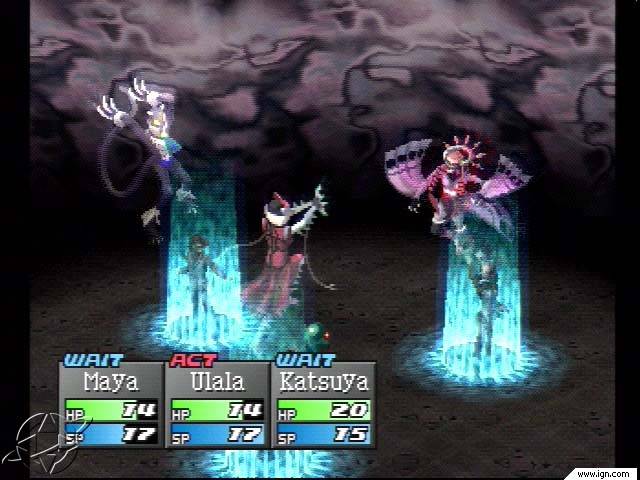 Continuing the story of Innocent Sin, Eternal Punishment elevated Maya Amano to the protagonist role. She and her allies confront the Joker Curse and returning foes in a narrative-rich, turn-based RPG experience.
Continuing the story of Innocent Sin, Eternal Punishment elevated Maya Amano to the protagonist role. She and her allies confront the Joker Curse and returning foes in a narrative-rich, turn-based RPG experience.
Read our review of Persona 2: Eternal Punishment.
4. Persona 3 (2006) / Persona 3 FES (2007) / Persona 3 Portable (2009) / Persona 3 Reload (2024)
 Persona 3 revolutionized the series by emphasizing its high-school setting and introducing a daily calendar system. Players alternate between school life, building friendships, and battling shadows in Tartarus, a supernatural realm. The story follows Makoto Yuki, who discovers the Dark Hour and a demonic tower emerging from his school. Persona 3 introduced social links and other mechanics that became staples of the series.
Persona 3 revolutionized the series by emphasizing its high-school setting and introducing a daily calendar system. Players alternate between school life, building friendships, and battling shadows in Tartarus, a supernatural realm. The story follows Makoto Yuki, who discovers the Dark Hour and a demonic tower emerging from his school. Persona 3 introduced social links and other mechanics that became staples of the series.
Read our review of Persona 3 Reload.
Alternate Versions of Persona 3:
- Persona 3 FES added an epilogue chapter, The Answer, and an alternate campaign with a female protagonist.
- Persona 3 Portable offered a handheld version with the female protagonist but excluded The Answer.
- Persona 3 Reload is a modern remake of the original game, though it does not include The Answer or the female protagonist route.
5. Persona 3: Dancing in Moonlight (2018)
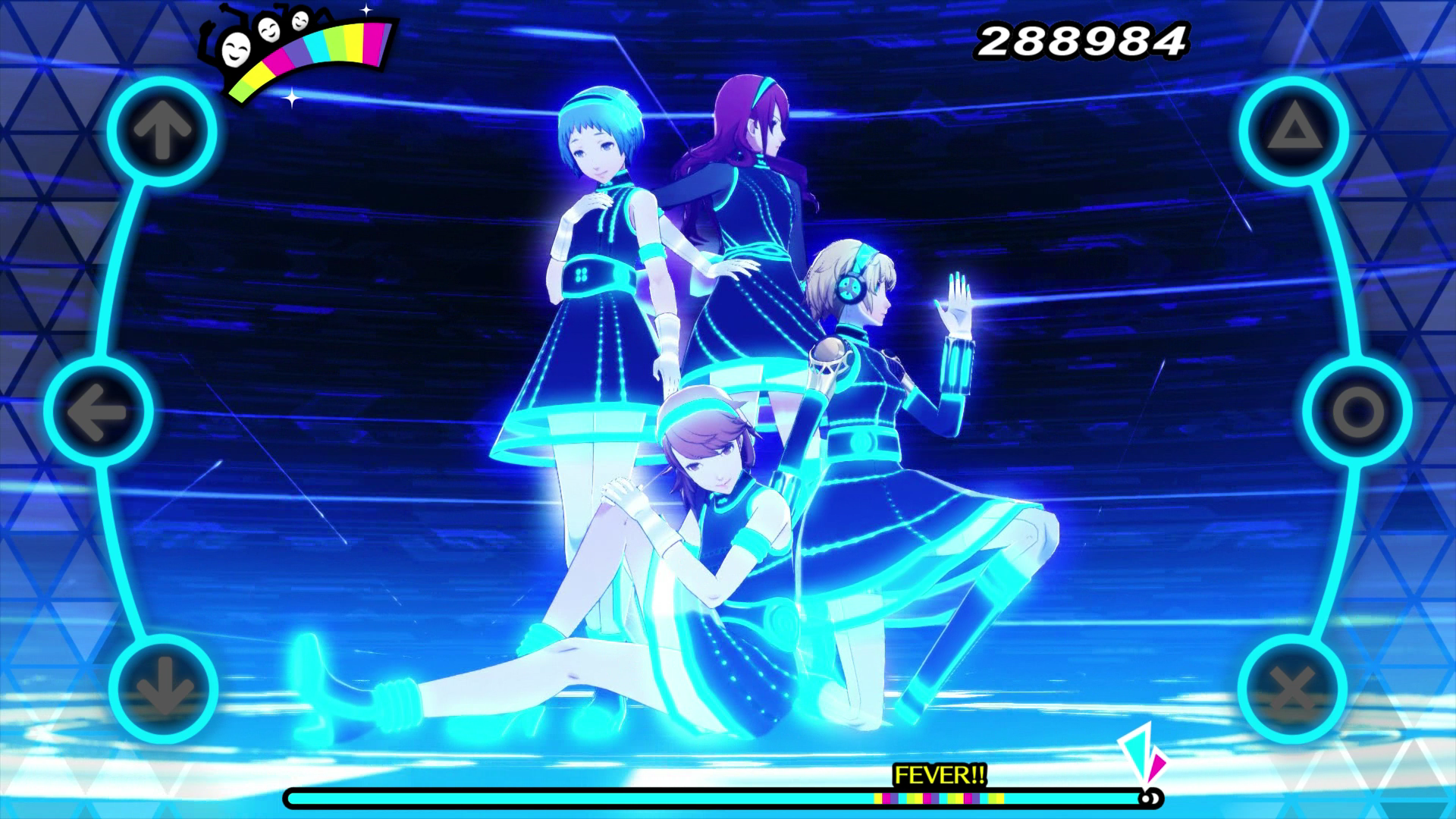 A rhythm-based spin-off set during the main campaign, Persona 3: Dancing in Moonlight features Elizabeth challenging the S.E.E.S team to a dance-off in the Velvet Room. Though the events occur in a dream, they are canon, with the team performing to iconic Persona 3 tracks.
A rhythm-based spin-off set during the main campaign, Persona 3: Dancing in Moonlight features Elizabeth challenging the S.E.E.S team to a dance-off in the Velvet Room. Though the events occur in a dream, they are canon, with the team performing to iconic Persona 3 tracks.
6. Persona 4 (2008) / Persona 4 Golden (2012)
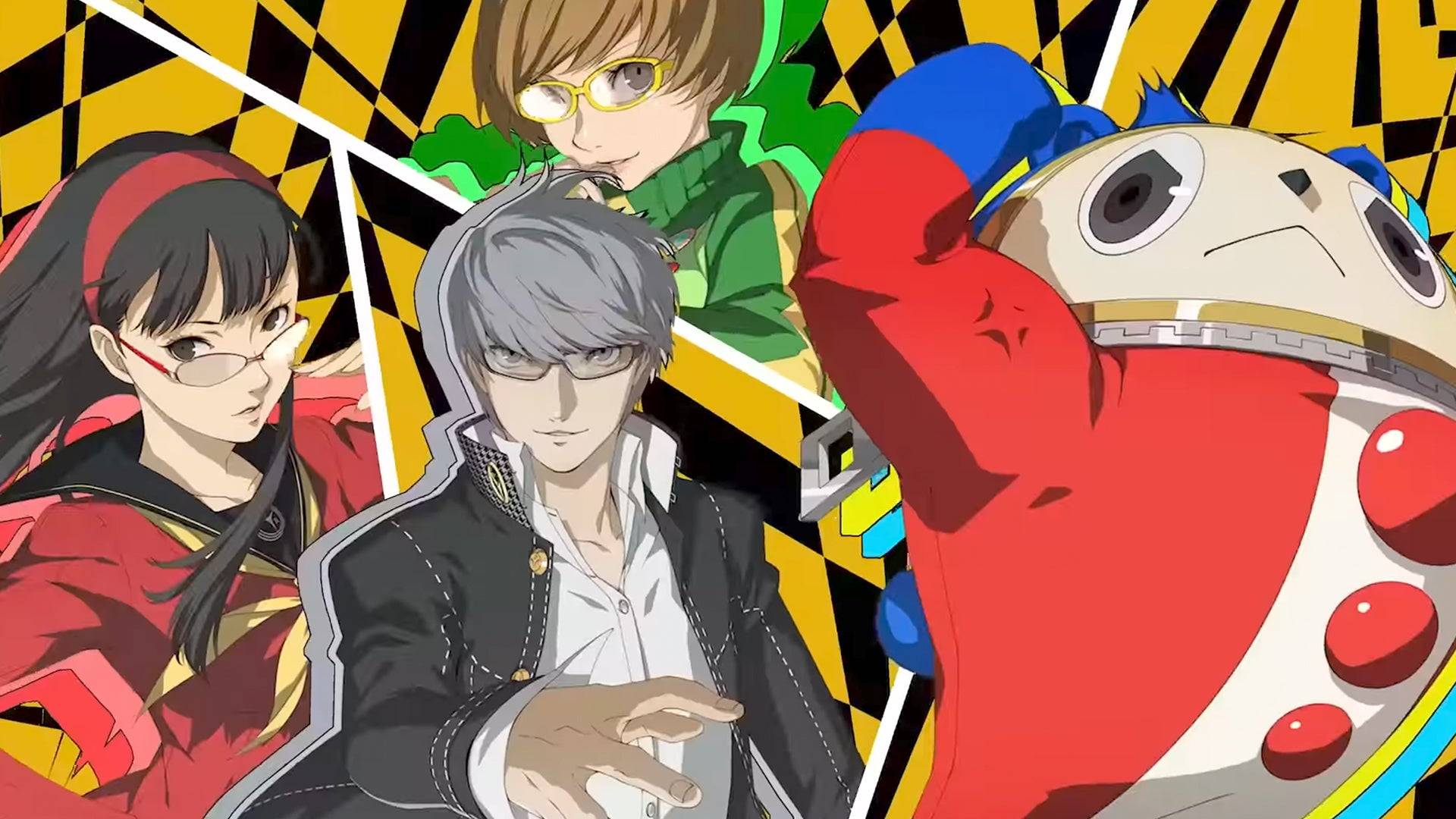 Set in the rural town of Inaba, Persona 4 follows Yu Narukami, who moves to live with his uncle and cousin amid a series of mysterious murders. Yu and his friends uncover a link to a supernatural realm accessible through TV monitors. The game builds on Persona 3's mechanics, balancing school life and dungeon exploration.
Set in the rural town of Inaba, Persona 4 follows Yu Narukami, who moves to live with his uncle and cousin amid a series of mysterious murders. Yu and his friends uncover a link to a supernatural realm accessible through TV monitors. The game builds on Persona 3's mechanics, balancing school life and dungeon exploration.
Read our review of Persona 4 Golden.
Alternate Versions of Persona 4:
- Persona 4 Golden, released in 2012, added new story content and an additional dungeon, widely regarded as the definitive version.
7. Persona Q: Shadow of the Labyrinth (2014)
 Set during the storylines of Persona 3 and 4, Persona Q: Shadow of the Labyrinth is a crossover where both teams are trapped in a warped version of Yasogami High School. They explore a labyrinth, battle new enemies, and navigate an original story that harks back to the series' dungeon-crawler origins.
Set during the storylines of Persona 3 and 4, Persona Q: Shadow of the Labyrinth is a crossover where both teams are trapped in a warped version of Yasogami High School. They explore a labyrinth, battle new enemies, and navigate an original story that harks back to the series' dungeon-crawler origins.
Read our review of Persona Q: Shadow of the Labyrinth.
8. Persona 4 Arena (2012)
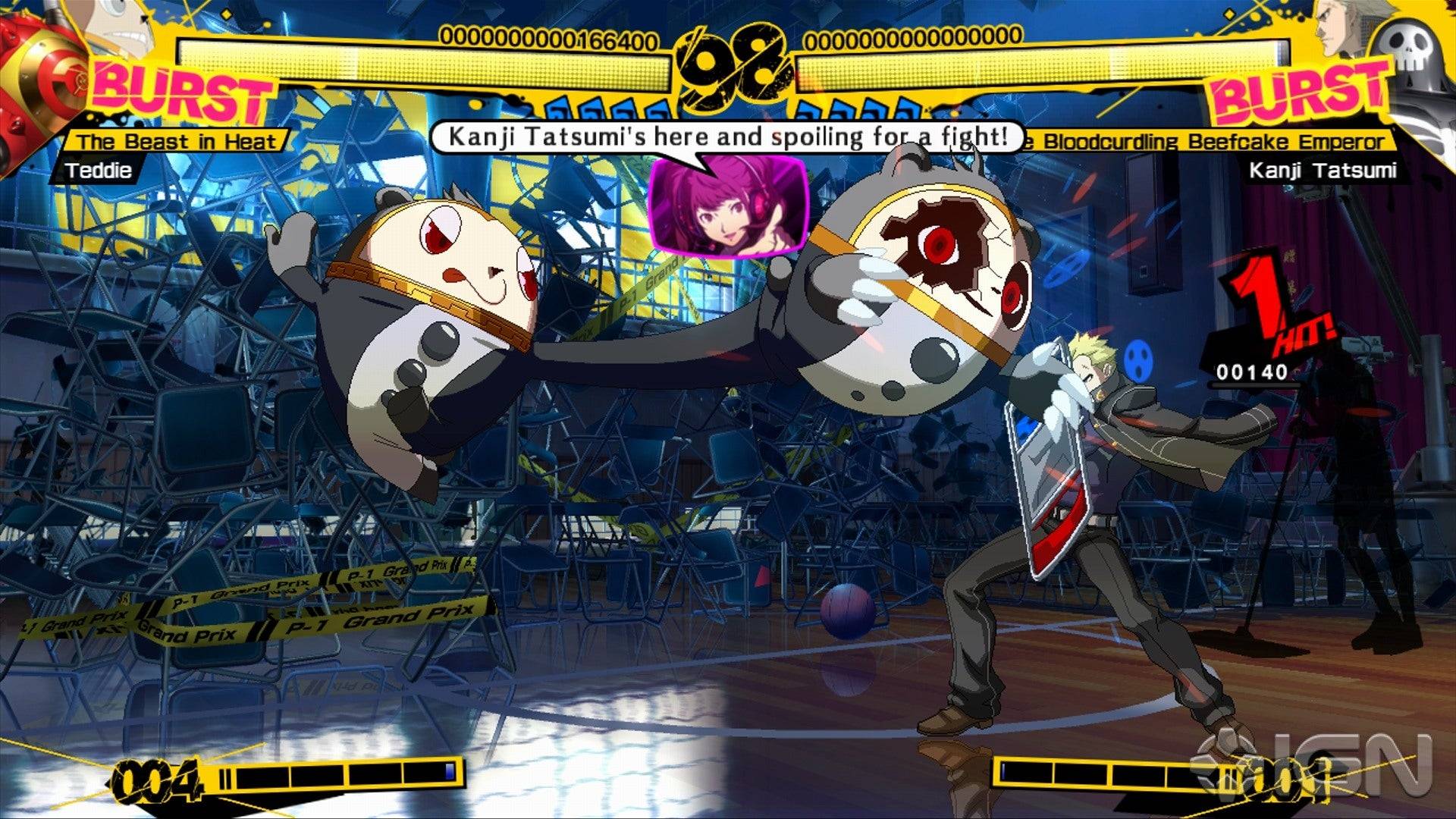 A fighting game spin-off that continues the narratives of Persona 3 and 4, Persona 4 Arena features Yu Narukami returning to Inaba and entering a mysterious fighting tournament in the TV world. It includes iconic characters from both games.
A fighting game spin-off that continues the narratives of Persona 3 and 4, Persona 4 Arena features Yu Narukami returning to Inaba and entering a mysterious fighting tournament in the TV world. It includes iconic characters from both games.
Read our review of Persona 4 Arena.
9. Persona 4 Arena Ultimax (2013)
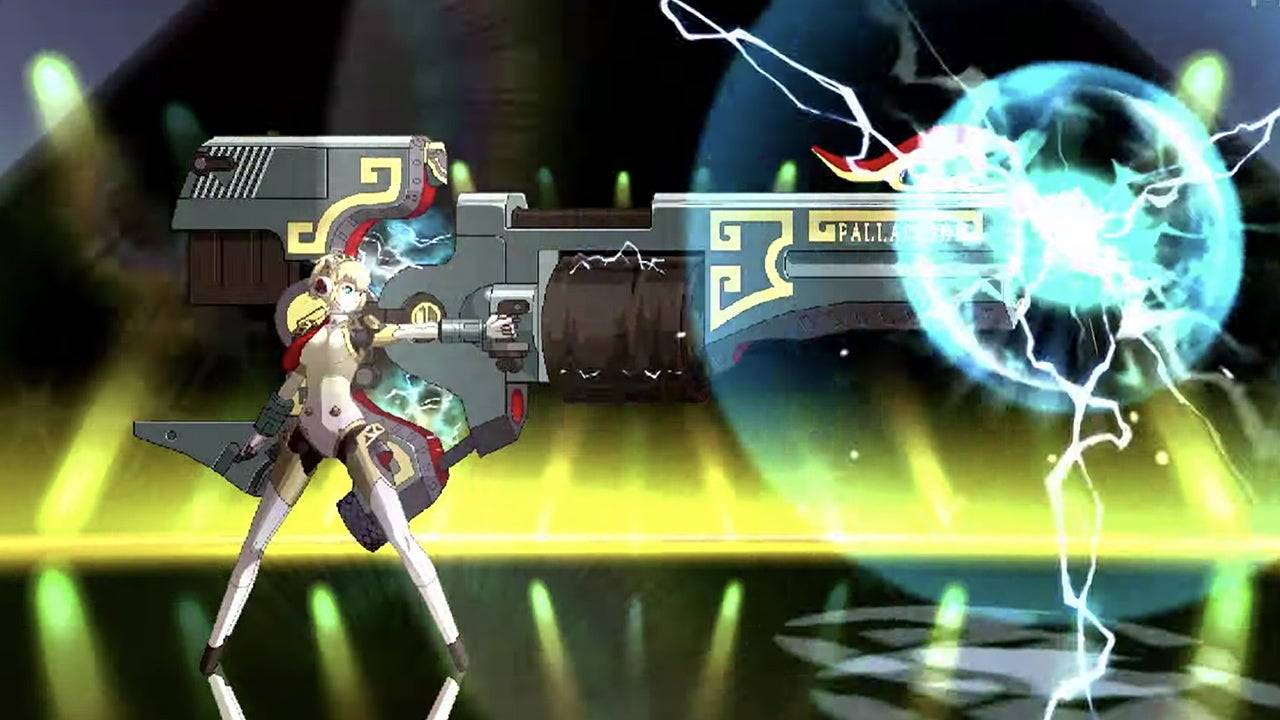 Following Persona 4 Arena, Ultimax sees the Persona 4 team and the Shadow Operatives from Persona 3 battling in the TV World. The game expanded the roster and built upon the fighting mechanics of its predecessor.
Following Persona 4 Arena, Ultimax sees the Persona 4 team and the Shadow Operatives from Persona 3 battling in the TV World. The game expanded the roster and built upon the fighting mechanics of its predecessor.
Read our review of Persona 4 Arena Ultimax.
10. Persona 4: Dancing All Night (2015)
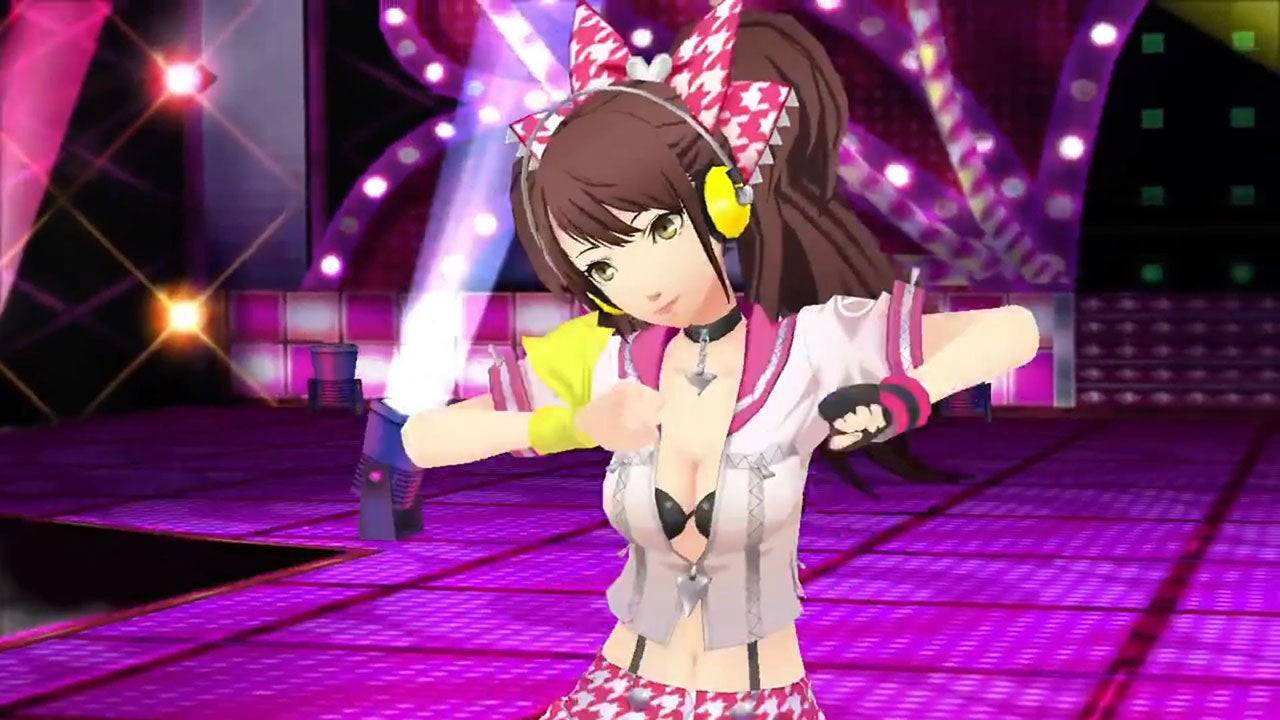 A rhythm-based dancing game, Persona 4: Dancing All Night follows Yu and the Investigation Squad as they enter the Midnight Stage, a canon continuation of the Persona 4 storyline, dancing to iconic tracks.
A rhythm-based dancing game, Persona 4: Dancing All Night follows Yu and the Investigation Squad as they enter the Midnight Stage, a canon continuation of the Persona 4 storyline, dancing to iconic tracks.
Read our review of Persona 4: Dancing All Night.
11. Persona 5 (2016) / Persona 5 Royal (2019)
 Set in Tokyo, Persona 5 introduces players to Joker, a high schooler on probation after being framed. He and his friends explore a supernatural realm to change the hearts of corrupt individuals, becoming known as the Phantom Thieves. Persona 5 refined the series' mechanics and became Atlus' best-selling game.
Set in Tokyo, Persona 5 introduces players to Joker, a high schooler on probation after being framed. He and his friends explore a supernatural realm to change the hearts of corrupt individuals, becoming known as the Phantom Thieves. Persona 5 refined the series' mechanics and became Atlus' best-selling game.
Read our review of Persona 5 Royal.
Alternate Versions of Persona 5:
- Persona 5 Royal added new content, including a companion, dungeon, and semester, making it the ultimate version of the game.
12. Persona Q2: New Cinema Labyrinth (2018)
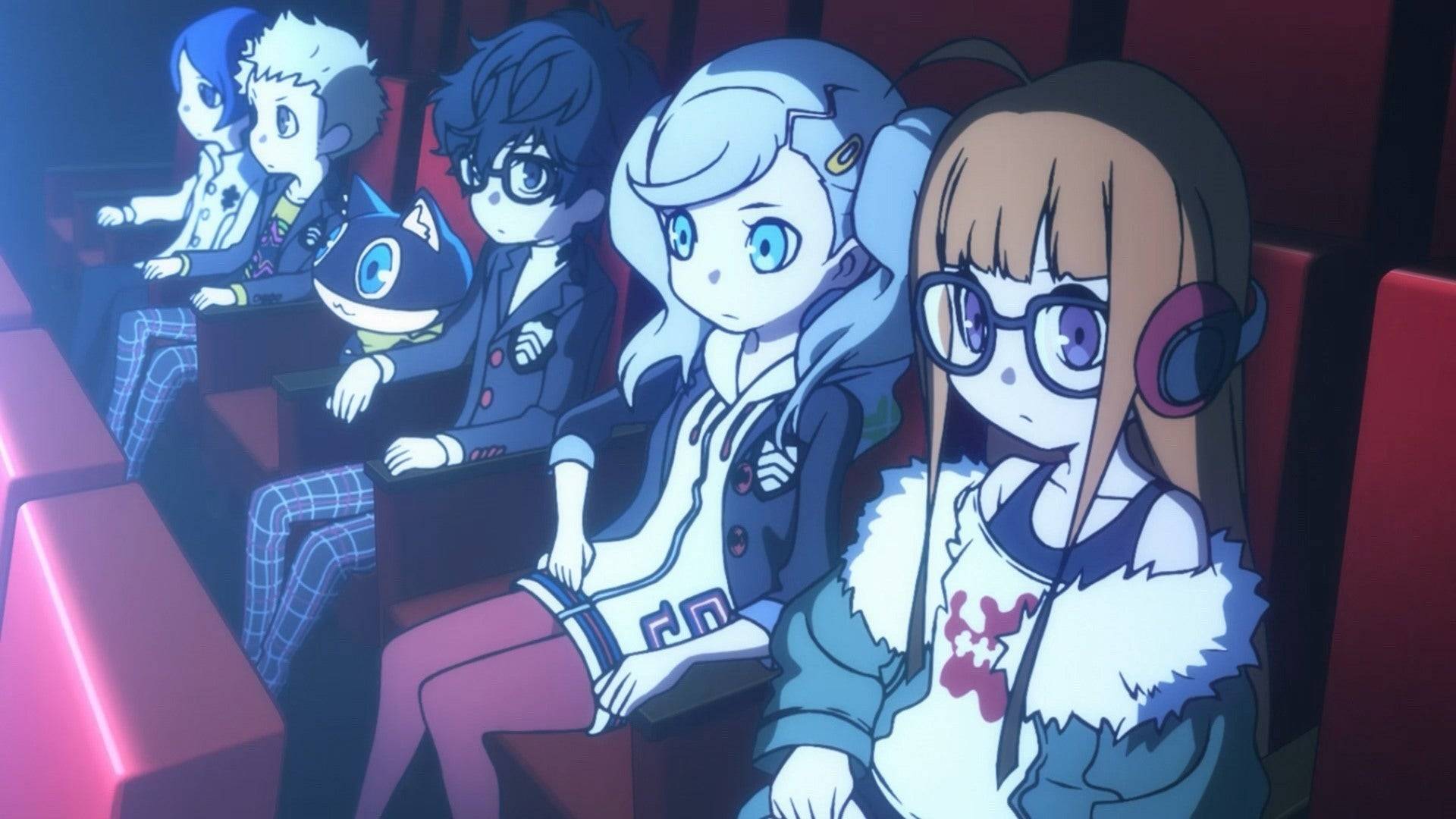 A sequel to Persona Q, New Cinema Labyrinth features a crossover of characters from Persona 3, 4, and 5, trapped in a movie theater and exploring movies to fix their endings. The game maintains a first-person dungeon-crawler perspective and turn-based combat.
A sequel to Persona Q, New Cinema Labyrinth features a crossover of characters from Persona 3, 4, and 5, trapped in a movie theater and exploring movies to fix their endings. The game maintains a first-person dungeon-crawler perspective and turn-based combat.
13. Persona 5 Tactica (2023)
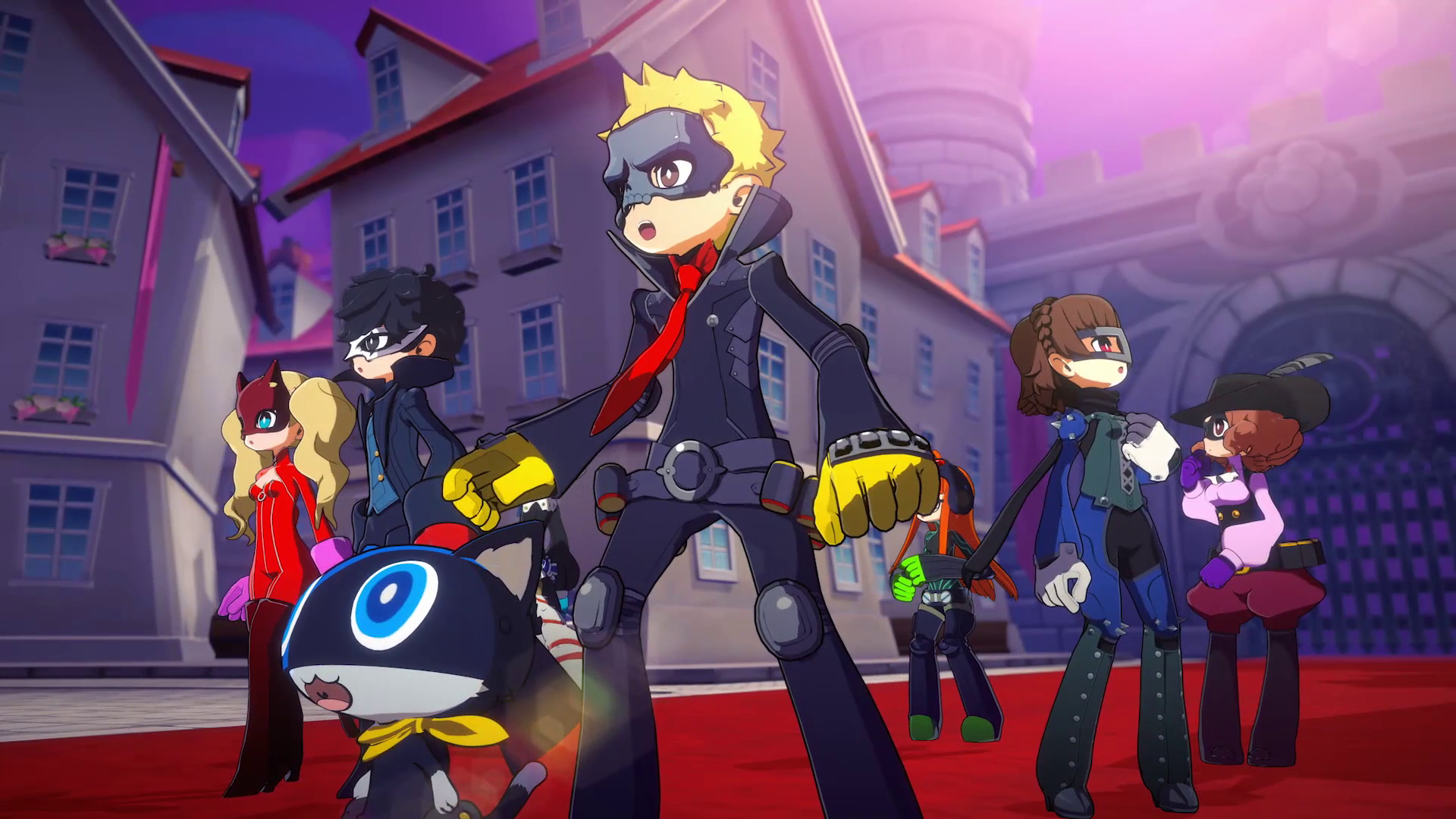 Set during Persona 5, Persona 5 Tactica is a strategy-focused spin-off where the Phantom Thieves find themselves in the Kingdoms. They must save their brainwashed allies and return home through tactical grid-based combat.
Set during Persona 5, Persona 5 Tactica is a strategy-focused spin-off where the Phantom Thieves find themselves in the Kingdoms. They must save their brainwashed allies and return home through tactical grid-based combat.
Read our review of Persona 5 Tactica.
14. Persona 5: Dancing in Starlight (2018)
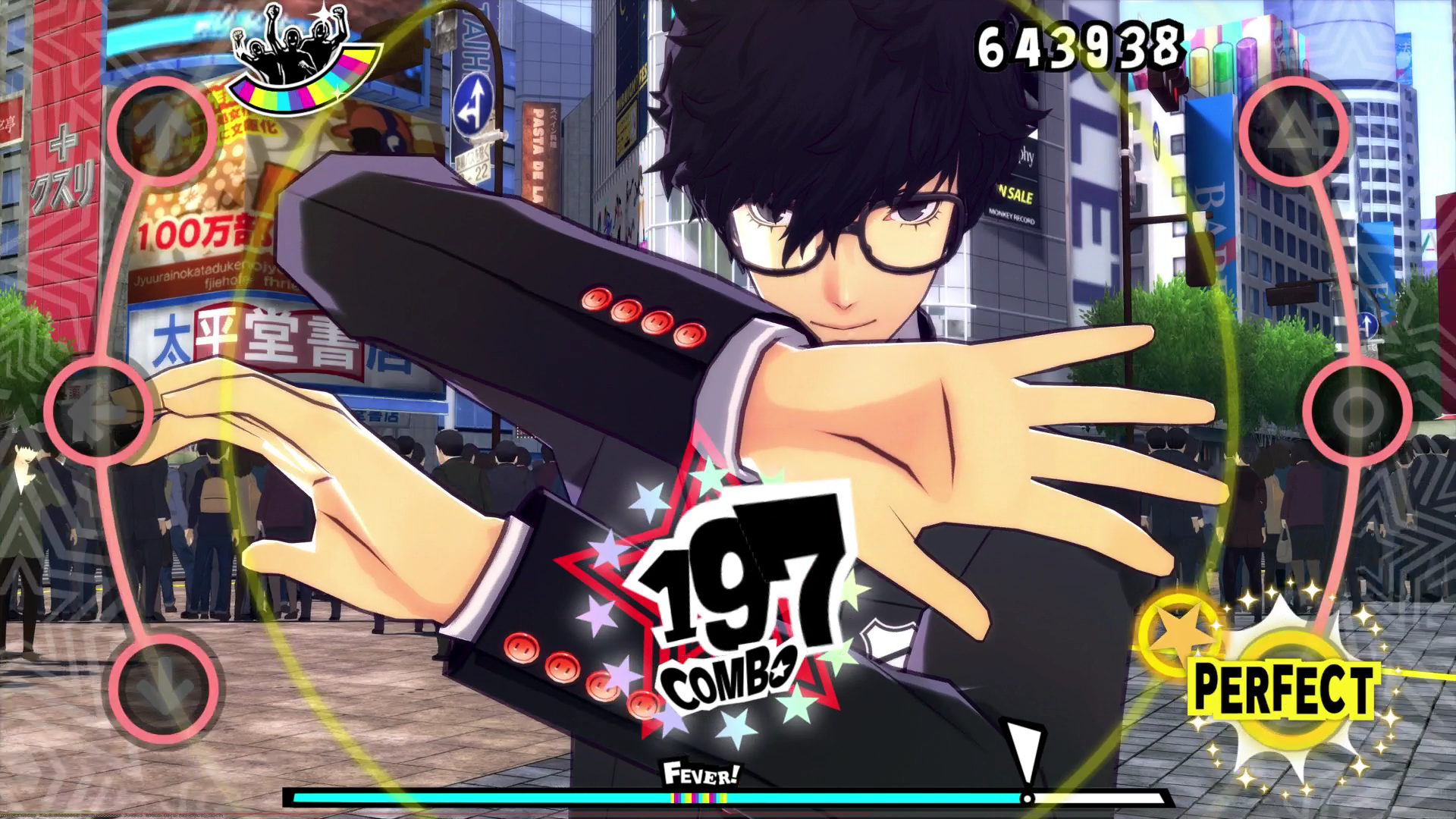 A rhythm-based dancing spin-off, Persona 5: Dancing in Starlight challenges the Phantom Thieves to a dance-off in the Velvet Room, performing to catchy Persona 5 tracks.
A rhythm-based dancing spin-off, Persona 5: Dancing in Starlight challenges the Phantom Thieves to a dance-off in the Velvet Room, performing to catchy Persona 5 tracks.
15. Persona 5 Strikers (2020)
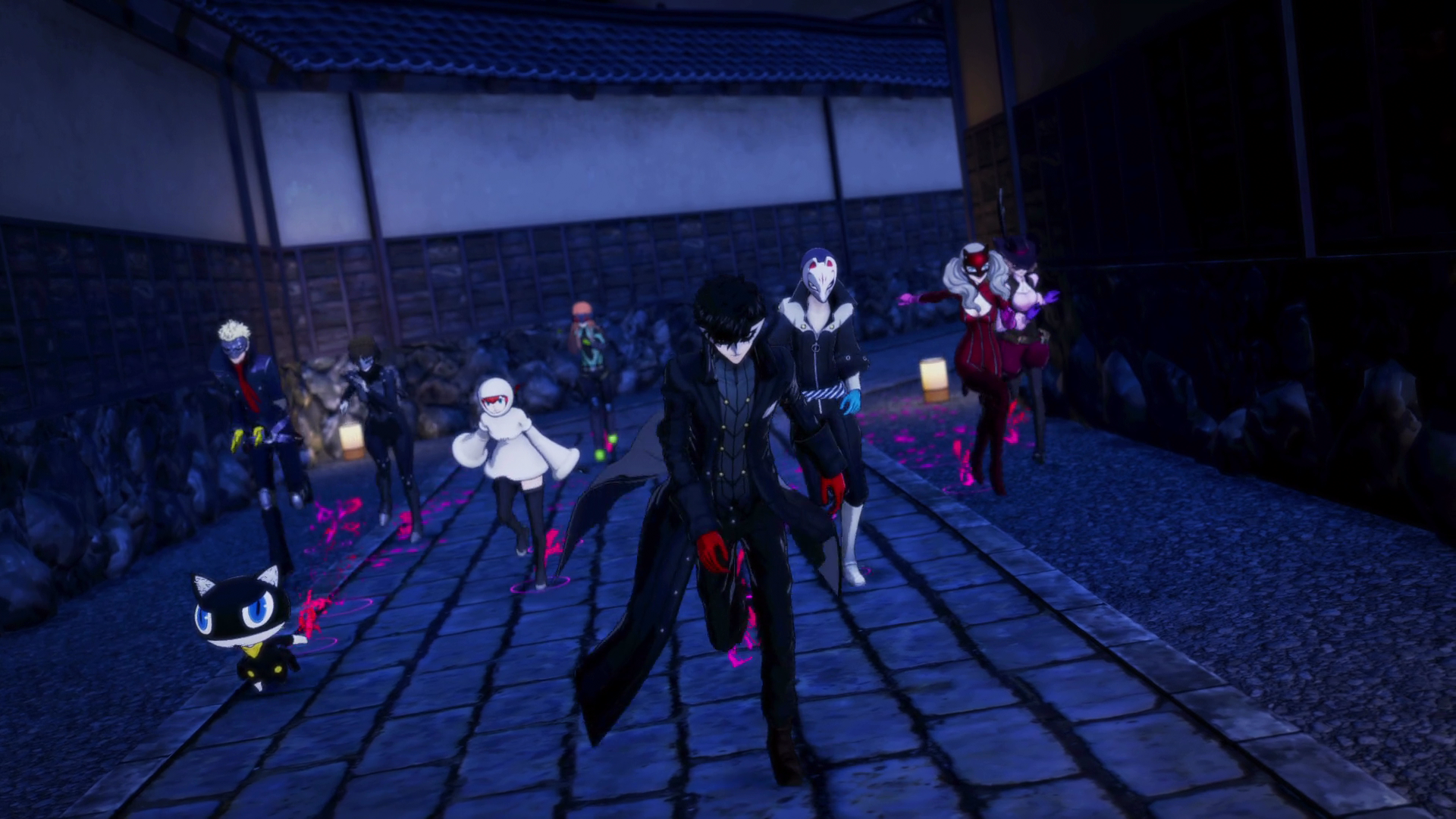 Set four months after Persona 5, Strikers reunites the Phantom Thieves for a summer vacation that turns into another Metaverse adventure. This spin-off introduces real-time combat, blending elements from the Dynasty Warriors series.
Set four months after Persona 5, Strikers reunites the Phantom Thieves for a summer vacation that turns into another Metaverse adventure. This spin-off introduces real-time combat, blending elements from the Dynasty Warriors series.
Read our review of Persona 5 Strikers.
Every Persona Game and Spin-Off in Release Order
- Revelations: Persona (1996)
- Persona 2: Innocent Sin (1999)
- Persona 2: Eternal Punishment (2000)
- Persona 3 (2006)
- Persona 3 FES (2007)
- Persona 4 (2008)
- Persona 3 Portable (2009)
- Persona 4 Arena (2012)
- Persona 4 Golden (2012)
- Persona 4 Arena Ultimax (2013)
- Persona Q: Shadow of the Labyrinth (2014)
- Persona 4: Dancing All Night (2015)
- Persona 5 (2016)
- Persona 3: Dancing in the Moonlight (2018)
- Persona 5: Dancing in the Starlight (2018)
- Persona Q2: New Cinema Labyrinth (2018)
- Persona 5 Royal (2019)
- Persona 5 Strikers (2020)
- Persona 5 Tactica (2023)
- Persona 3 Reload (2024)
What's Next for Persona?
In 2024, fans enjoyed two major releases: Persona 3 Reload and Metaphor: ReFantazio, a new RPG from Atlus's Studio Zero. Following Metaphor's success, Sega announced continued investment in Atlus and the Persona franchise during a developers' Q&A session.The next project to keep an eye on is Persona 5: The Phantom X, a free-to-play mobile game released in several Asian regions in 2024, with a Japanese release on the horizon after a closed beta sign-up. A global release is anticipated, though no official date has been confirmed. The Phantom X offers an original story within the Persona 5 universe, featuring new characters.
Anticipation is also high for Persona 6, the next mainline entry in the RPG series, though Atlus has yet to officially confirm its development.















